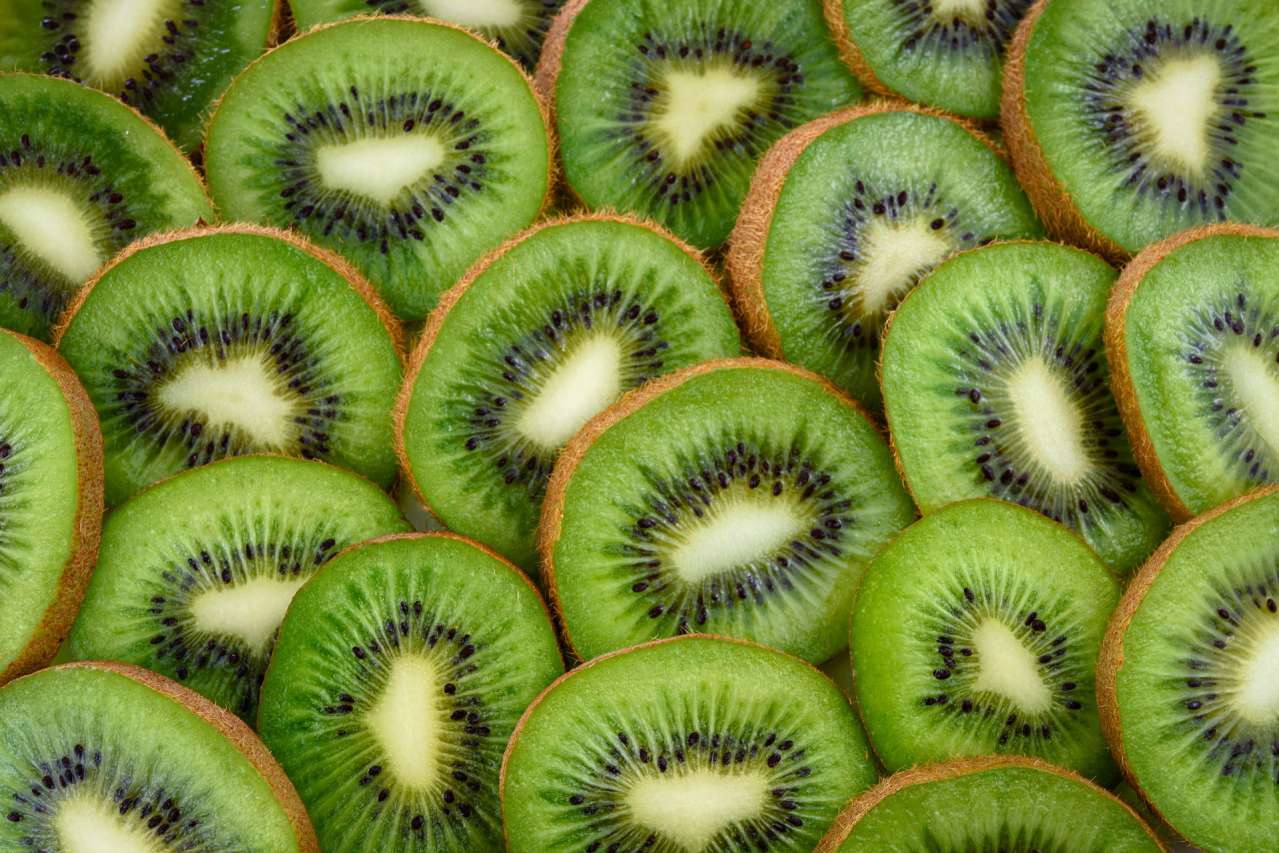Nutritionist's Opinion: Health Benefits of Kiwi
The fruits are medium-sized with yellowish-green flesh.
When describing the taste of kiwi, they talk about a combination of tones of gooseberries, strawberries, pineapple and apple.
This fruit is eaten not only as a dessert, but also served with meat, fish and cheeses.
What are the benefits of kiwi
Vitamins C, E, K, folic acid, as well as carotenoids, fiber and phytochemicals in kiwi are essential nutrients for strengthening the immune system.
The beneficial properties of kiwi are primarily due to the high content of antioxidants, which support the health of the cardiovascular system, slow down the processes of chronic inflammation in the body, protect cells from damage, prolong the youth and activity of the body.

Kiwi contains a natural enzyme called actinidin, which helps digest proteins and reduce symptoms of digestive disorders such as bloating and constipation.
The high fiber content of kiwi promotes good digestion by promoting regular bowel movements.
Who should not eat kiwi
It would seem that no matter how much harm this product can cause, it has only one benefit.
The main contraindication for humans is allergies, especially to citrus fruits.
If you have gastrointestinal diseases, it is also better to avoid the fluffy berries.
For people prone to diarrhea, eating kiwi can be harmful.
